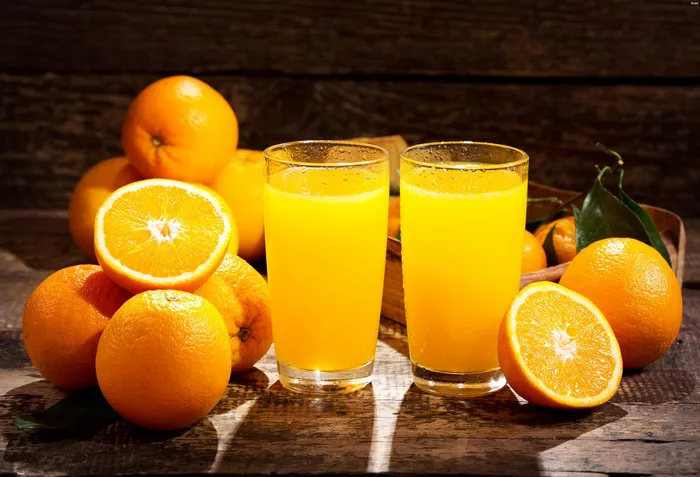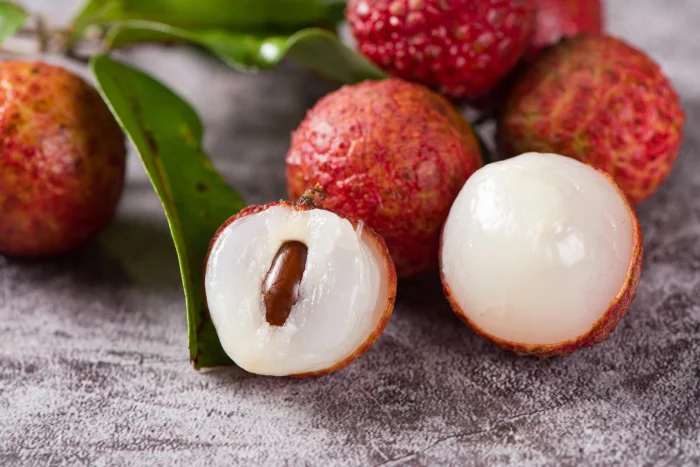For individuals with diabetes, managing blood sugar levels is crucial for maintaining overall health and well-being. While fruit juice can be a refreshing and tasty beverage, it’s important to make informed choices to ensure that it doesn’t cause a spike in blood sugar levels. In this article, we will explore the various factors to consider when selecting fruit juice for individuals with diabetes and provide some examples of fruit juices that are generally considered good choices for blood sugar control.
Understanding the Impact of Fruit Juice on Blood Sugar
Fruit juice can be a source of natural sugars, including fructose, which can cause blood sugar levels to rise. When fruit is juiced, the fiber content is often reduced, making the natural sugars more easily absorbed by the body. This can lead to a quicker and higher spike in blood sugar levels compared to consuming whole fruits.
Additionally, portion control plays a crucial role in managing blood sugar levels. Even though fruit juice is derived from fruits, it’s important to consume it in moderation and be mindful of the quantity consumed. Monitoring blood sugar levels and consulting with a healthcare professional or registered dietitian can provide personalized guidance on fruit juice intake for individuals with diabetes.
Factors to Consider When Choosing Fruit Juice
When selecting fruit juice options for individuals with diabetes, consider the following factors:
1. Glycemic Index (GI): The glycemic index measures how quickly carbohydrates in a food item are converted into glucose and raise blood sugar levels. Choosing fruit juices with a lower glycemic index can help minimize blood sugar spikes. Generally, juices with a higher fiber content and lower sugar content have a lower glycemic index.
2. Fiber Content: Fiber slows down the digestion and absorption of sugars, which can help prevent rapid blood sugar spikes. Opt for fruit juices that retain some of the fiber from the fruit or choose juices with added fiber.
3. Natural Sugar Content: Be mindful of the natural sugar content in fruit juices. Some fruits, such as citrus fruits and berries, have a lower natural sugar content compared to tropical fruits like mangoes and pineapples. Choosing fruit juices with lower natural sugar content can help maintain better blood sugar control.
4. Portion Size: Pay attention to the portion size when consuming fruit juice. A smaller portion size can help prevent excessive sugar intake and minimize blood sugar spikes. Consider diluting the fruit juice with water or opting for smaller serving sizes.
Best Fruit Juice Options for Blood Sugar Control
While fruit juice can impact blood sugar levels, some options are generally considered better choices for individuals with diabetes. These juices have a lower glycemic index, contain fiber, and offer essential nutrients. Here are some examples:
1. Tomato Juice
Tomato juice is a low-sugar option that contains beneficial antioxidants, vitamins A and C, and the antioxidant lycopene. It is a savory alternative to sweet fruit juices and can be enjoyed on its own or mixed with other vegetables for a nutritious blend.
2. Lemon and Lime Juice
Lemon and lime juice, when diluted with water, can be refreshing and provide a burst of citrus flavor without significantly affecting blood sugar levels. They are also low in calories and can be added to water for a flavorful twist.
3. Cranberry Juice
Unsweetened cranberry juice is a tart option that is generally lower in natural sugar. It contains antioxidants and is known for its potential urinary tract health benefits. However, be cautious of commercially available cranberry juice blends, which may have added sugars.
4. Apple Cider Vinegar
While not technically a fruit juice, apple cider vinegar mixed with water can be a beneficial option for blood sugar control. It may help improve insulin sensitivity and reduce post-meal blood sugar levels. However, always consult with a healthcare professional before incorporating apple cider vinegar into your routine.
5. Vegetable Juice Blends
Opting for vegetable juice blends, such as carrot juice or green vegetable juice, can provide a lower sugar alternative to fruit juices. These blends are often nutrient-dense and can offer a variety of vitamins and minerals while minimizing the impact on blood sugar levels.
6. Homemade Fruit Juice
Making your own fruit juice allows you to control the ingredients and portion sizes. Choose fruits with lower natural sugar content, such as berries, and consider diluting the juice with water or adding some vegetable juices for a well-balanced beverage.
Remember, Moderation is Key
While these fruit juice options are generally considered better choices for individuals with diabetes, it’s important to remember that moderation is key. It’s essential to monitor blood sugar levels and consult with a healthcare professional or registered dietitian for personalized guidance based on individual needs.
In addition to choosing appropriate fruit juices, incorporating whole fruits into the diet is highly recommended. Whole fruits provide essential fiber, which slows down the digestion of natural sugars and helps regulate blood sugar levels. Aim to include a variety of fruits as part of a well-balanced diet.
Conclusion
When choosing fruit juice options for individuals with diabetes, it’s important to consider the impact on blood sugar levels. Opting for fruit juices with a lower glycemic index, higher fiber content, and lower natural sugar content can help minimize blood sugar spikes. Tomato juice, lemon and lime juice, cranberry juice, vegetable juice blends, and homemade fruit juices are generally considered better choices. However, portion control and moderation are essential to maintaining blood sugar control. Consulting with a healthcare professional or registered dietitian can provide personalized guidance based on individual needs. By making informed choices and being mindful of portion sizes, individuals with diabetes can enjoy fruit juices as part of a well-balanced diet while maintaining better blood sugar control.






















